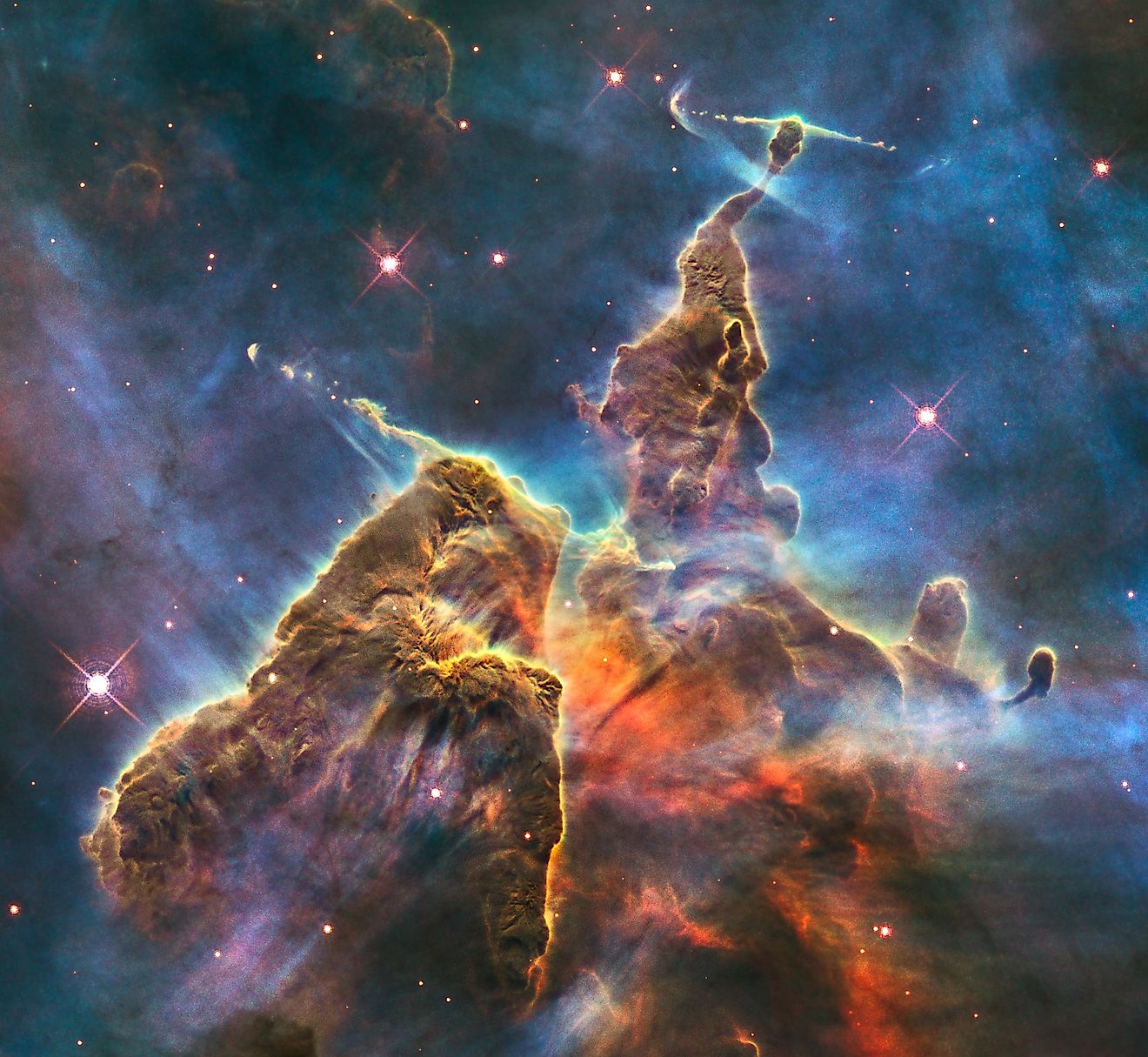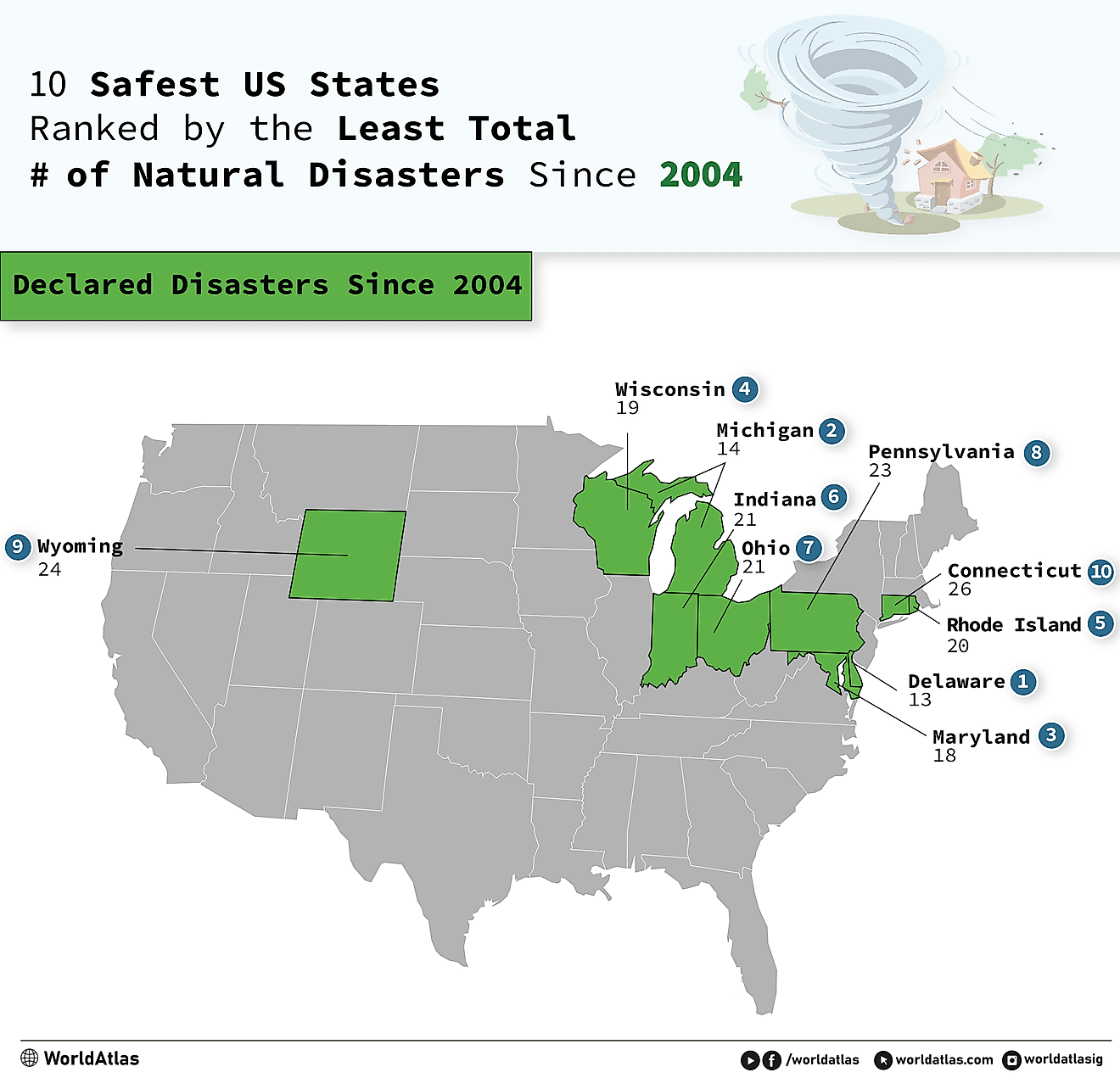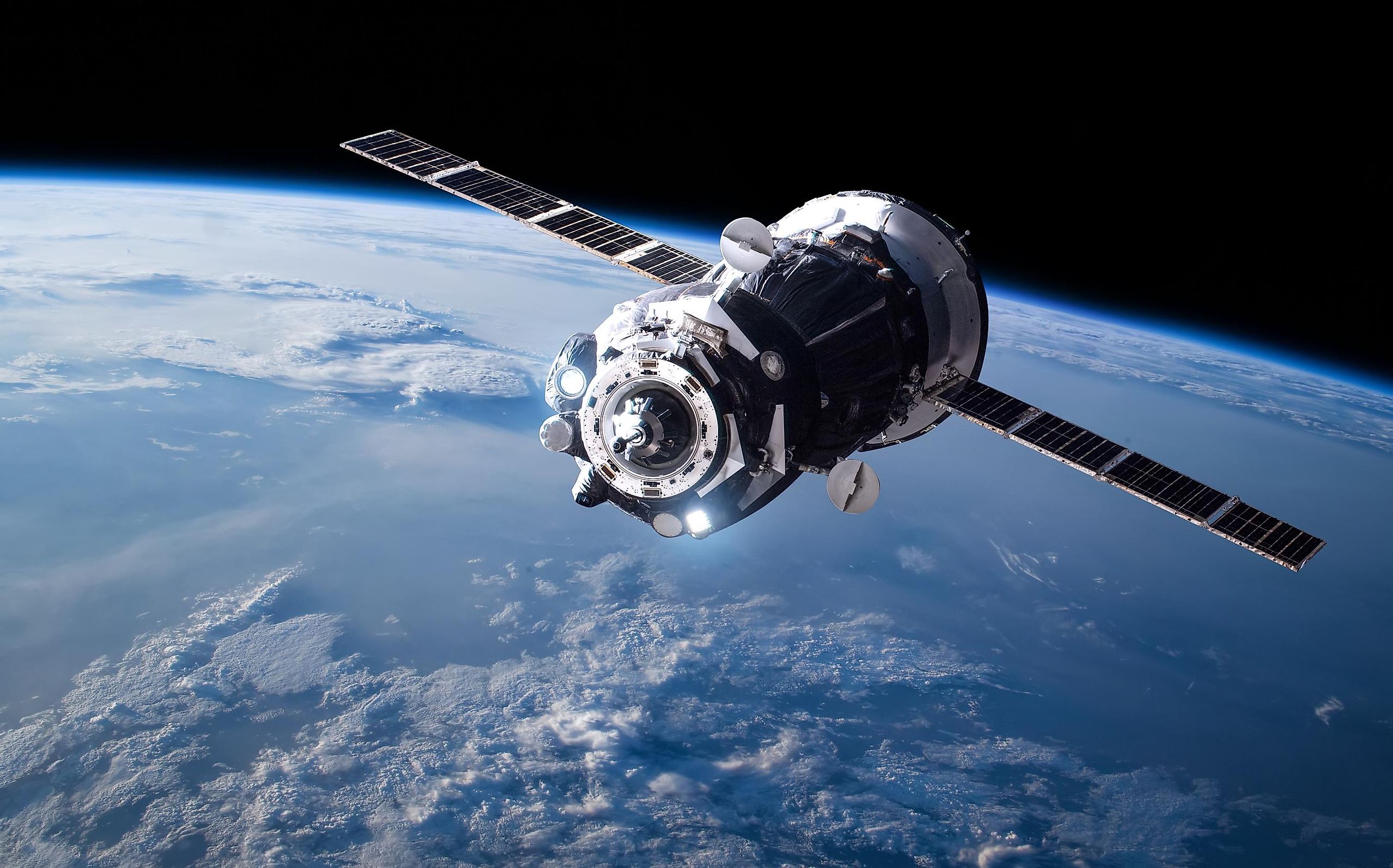
What Is Planetary Protection?
Imagine for a moment that, say, Jupiter’s moon Europa contains alien life within its subsurface ocean. For billions of years, life on Europa has evolved independently of life on Earth, unaware that there is more life in its cosmic backyard. Meanwhile, humanity is not aware that life exists on Europa, and they send a spacecraft to land on Europa and explore its ocean. However, because we were unaware that life existed, we never made sure that the spacecraft was not contaminated with life from Earth, and slowly but surely, Earth-life manages to wipe out the life on Europa. While this scenario may seem unlikely, scenarios such as these are important to consider when sending human-made spacecraft to potentially habitable worlds, because we cannot risk wiping out alien life before we even get a chance to discover it. With this in mind, NASA has established a policy of planetary protection that requires spacecraft to be designed and cleaned in such a way that there is no risk of contaminating other worlds with Earth life.
Protecting Habitable Worlds
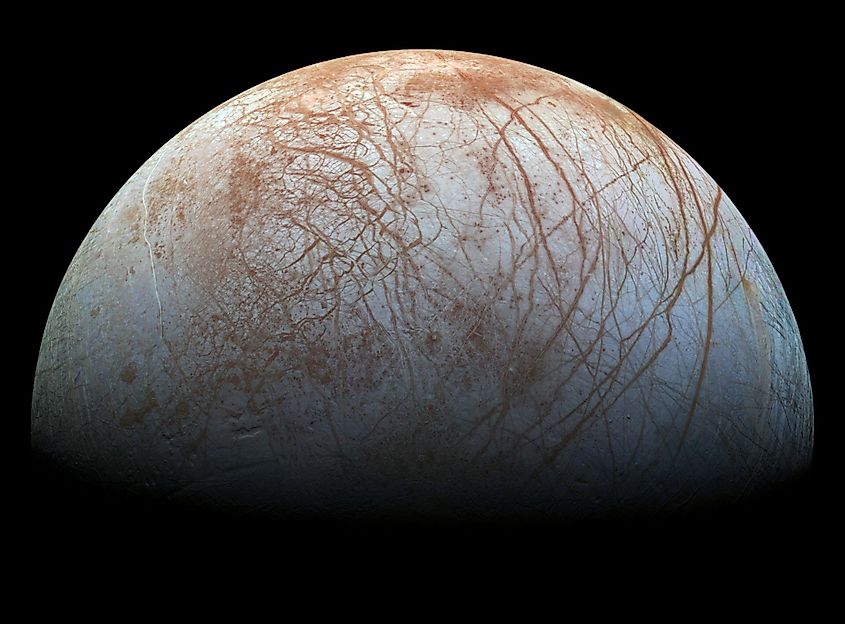
While Earth is the only world we know of to have life, it is not the only habitable world in our solar system. There is at least some likelihood that Mars could have life, as well as some moons in the outer solar system, such as Europa, Enceladus, and Titan. While it may be intriguing to send spacecraft to these worlds to look for alien life, we must be careful so as not to contaminate these worlds with Earth life. For example, bacteria from Earth could potentially outcompete life on other worlds, eventually resulting in its extinction. It probably wouldn’t look good for humanity if we wiped out the life of an entire world.
To make sure that there is no chance of contaminating other worlds, all spacecraft sent beyond Earth orbit are designed with material that life generally does not attach to, as well as sterilizing equipment multiple times before launching it into space. By doing this, scientists make sure that there is little to no risk of contaminating other worlds.
Crashing Spacecraft
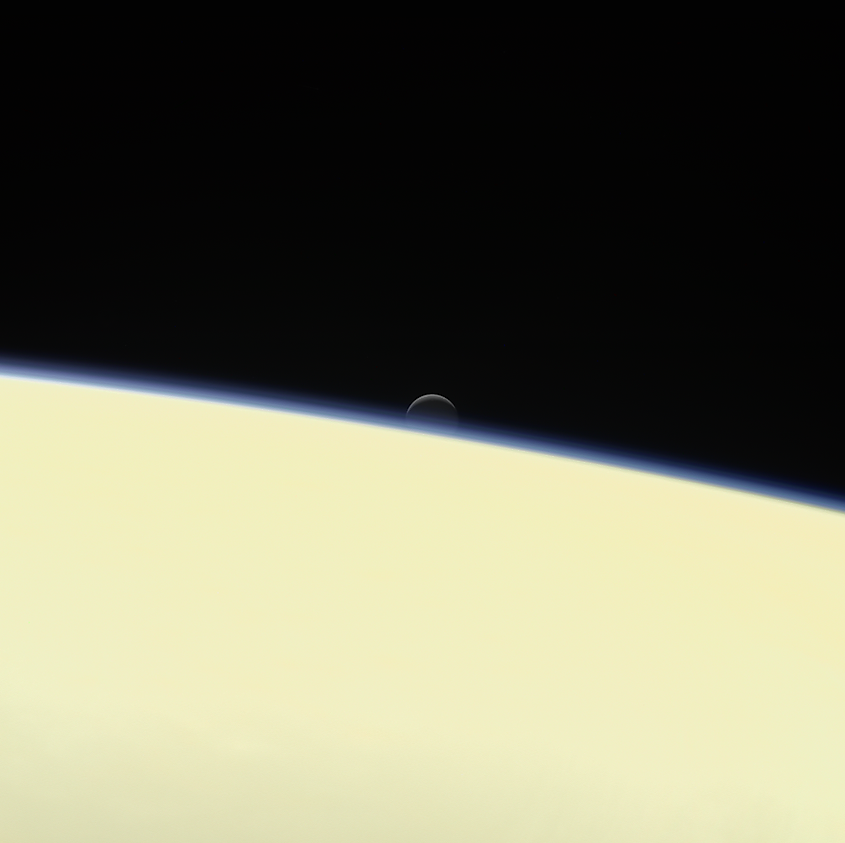
While the materials used to make spacecraft and sterilizing them multiple times works, there is no guarantee that some microscopic organisms won’t still hitch a ride on our spacecraft. Another form of protection utilized by space organizations is to crash spacecraft into a planet, destroying the craft and any forms of life that happen to be attached. There are two examples of this occurring in the history of spaceflight: the Galileo spacecraft and the Cassini spacecraft.
The Galileo spacecraft orbited Jupiter from 1995 to 2003, and it was the first spacecraft to orbit one of the gas giants. Any spacecraft will eventually run out of energy and cease communication with Earth, yet it will continue to orbit the planet. The problem is that the spacecraft can no longer be tracked precisely, and so there is at least some chance that the spacecraft could eventually impact a habitable world. With this in mind, scientists will change a spacecraft’s trajectory to impact the planet it orbits to prevent any future risk of that spacecraft contaminating a potentially inhabited world. In the case of Galileo, scientists altered its trajectory, causing the spacecraft to plummet into Jupiter’s atmosphere and destroying the craft. The Cassini spacecraft is a similar example, orbiting Saturn from 2004 to 2017. When Cassini reached the end of its mission, scientists altered its trajectory and Cassini crashed through the atmosphere of Saturn. While crashing spacecraft into the gas giants may seem like a waste, these events have offered scientists unprecedented data on the atmospheres of the outer planets. Even if the spacecraft were not destroyed, they would eventually run out of fuel and cease communication anyway. By doing this, scientists make sure that there is little risk of contaminating alien worlds.




